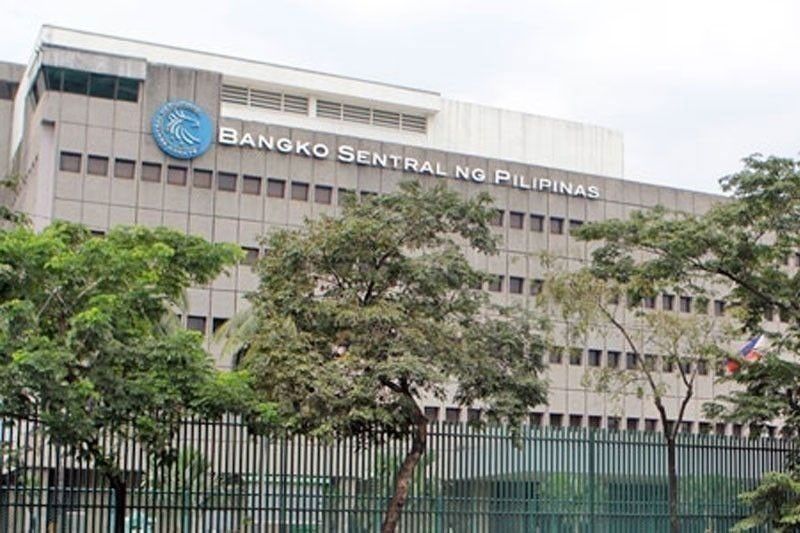BSP approves more foreign borrowings by government in Q3

MANILA, Philippines — The Bangko Sentral ng Pilipinas approved more foreign borrowings by the government in the third quarter to bridge budget gaps amid a costly pandemic response.
Data released Tuesday showed the BSP allowed the state to borrow $4.66 billion from foreign sources in the July-September period, up 18.9% year-on-year.
To fund the budget gap brought by the government's pandemic response, the Duterte administration has been on a borrowing spree since last year. As it is, the budget deficit is projected to reach 9.3% of gross domestic product.
Under the Constitution, the government should ask for the Monetary Board's approval first before contracting or guaranteeing any foreign loans. At the same time, all foreign borrowing proposals by the national government, agencies and state-run financial institutions must be submitted to the BSP for "approval-in-principle" before actual negotiations can start.
Dissecting the data, the foreign borrowings consist of proceeds from offshore bond sale totaling $3 billion, three project loans amounting $855.94 million and two program loans worth $800 million.
By purpose, the central bank said $3 billion of new foreign debts will fund the national government’s general financing requirements while $800 million will go to reform programs on youth employment and the financial sector.
Disaster resilience programs will receive $300 million in external funding while the country’s agriculture sector is set to get $280 million. The national government’s emergency response program, meanwhile, will receive $275.94 million.
Sought for comment, Nicholas Antonio Mapa, senior economist at ING Bank in Manila, said the growth of external liabilities will continue as revenue collections remain weak while pandemic expenses grow.
“With the government still struggling to collect revenues given the ongoing recession, authorities have resorted to increased borrowings sourced both foreign and locally,” Mapa said.
“As such we have seen overall debt rise to 63% of GDP and the longer the debt stays at these levels the more susceptible we will be to a credit rating downgrade from ratings agencies,” he added.
- Latest
- Trending




























